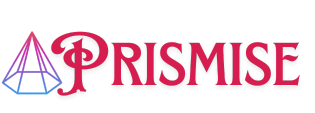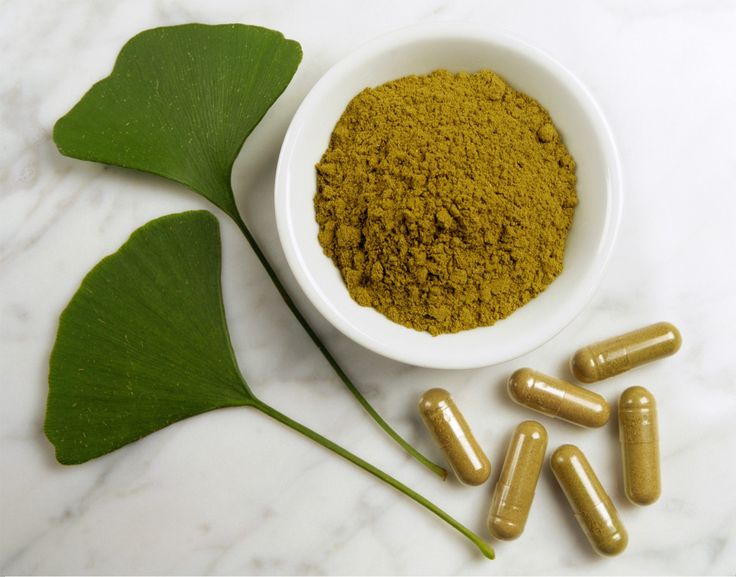Embarking on a journey with Traditional Chinese Medicine (TCM) in Sydney can be a unique and enriching experience, offering a holistic approach to health and well-being. For those new to TCM, understanding what to expect during a typical treatment session can help alleviate any uncertainties and prepare you for a beneficial experience. From the initial consultation to the various modalities employed, here’s a guide to what you can anticipate when seeking Chinese Medicine in Sydney.
The Initial Consultation: A Comprehensive Assessment
Your first visit to a TCM clinic in Sydney will always begin with a thorough initial consultation. This is a crucial step where the practitioner gathers a comprehensive understanding of your health. Unlike a quick symptom-based assessment, a TCM consultation delves much deeper:
- Detailed Health History: You’ll be asked about your primary health concerns, but also about your medical history, lifestyle, diet, sleep patterns, emotional state, energy levels, and even your preferences for hot or cold. This helps the practitioner identify underlying patterns of imbalance.
- Traditional Diagnostic Methods: The practitioner will employ classic TCM diagnostic techniques:
- Tongue Diagnosis: They will observe the color, shape, coating, and moisture of your tongue. In TCM, the tongue is believed to reflect the state of your internal organs and Qi.
- Pulse Diagnosis: The practitioner will feel your pulse at various positions on both wrists, assessing its rhythm, strength, and quality. Different pulse qualities correspond to different internal conditions.
- Discussion of Goals: You’ll have the opportunity to discuss your health goals and expectations from the treatment. The practitioner will then explain their findings and propose a personalized treatment plan.
The Treatment Plan: Tailored to Your Needs
Based on the initial assessment, your chinese medicine sydney TCM practitioner will formulate a treatment plan that is highly individualized. This plan may involve one or a combination of TCM modalities:
1. Acupuncture Session
If acupuncture is part of your plan, here’s what to expect:
- Preparation: You’ll typically lie comfortably on a treatment table. The practitioner will clean the skin areas where needles will be inserted.
- Needle Insertion: Fine, sterile, single-use needles are gently inserted into specific acupoints. You might feel a brief, mild prick, followed by a sensation of dullness, tingling, warmth, or a slight ache, often referred to as “De Qi” (the arrival of Qi). This sensation is usually mild and indicates the activation of the acupoint.
- Relaxation: Once the needles are in place, you’ll typically relax for 20-30 minutes. Many people find this period deeply relaxing, some even falling asleep.
- Removal: The needles are painlessly removed, and you might feel refreshed or calm.
2. Chinese Herbal Medicine Prescription
If herbal medicine is prescribed, the process involves:
- Customized Formula: The practitioner will select a combination of herbs specifically tailored to your diagnosis. These formulas are designed to work synergistically to address your unique imbalances.
- Preparation Methods: Herbs may be provided as raw herbs to be boiled into a decoction (tea), concentrated granules to be mixed with hot water, or pre-made pills/capsules. Your practitioner will provide clear instructions on dosage and preparation.
- Follow-up: Herbal prescriptions are often adjusted over time as your condition changes.
3. Complementary Modalities
Depending on your condition, your treatment might also include:
- Cupping: Glass or plastic cups are placed on the skin to create suction, promoting blood flow and relieving muscle tension. This can leave temporary circular marks.
- Moxibustion: A dried herb (moxa) is burned near the skin to apply warmth to acupoints, believed to invigorate Qi and blood.
- Tui Na (Massage): A therapeutic Chinese massage technique that uses various hand movements to stimulate acupoints and meridians.
- Dietary and Lifestyle Advice: Practitioners will often provide practical guidance on food choices, exercise, and stress management to support your healing process outside the clinic.
What to Expect After Treatment
After a TCM session, individual responses vary. You might feel:
- Relaxed and Calm: Many people experience a sense of deep relaxation and reduced stress.
- Energized: Some feel a boost in energy.
- Mild Soreness: If Tui Na or cupping was performed, you might experience mild muscle soreness, similar to after a workout.
- Temporary Marks: Cupping can leave circular marks that typically fade within a few days.
Results from TCM are often cumulative. While some may experience immediate relief, deeper changes and lasting benefits typically unfold over several sessions as the body gradually rebalances. Your practitioner will discuss the expected timeline and frequency of treatments during your consultation.
Conclusion
Engaging with Chinese Medicine in Sydney offers a pathway to holistic wellness through personalized care. By understanding the comprehensive initial consultation and the various modalities like acupuncture, herbal medicine, and complementary therapies, you can approach your treatment with confidence, knowing what to expect on your journey towards improved health and balance.



